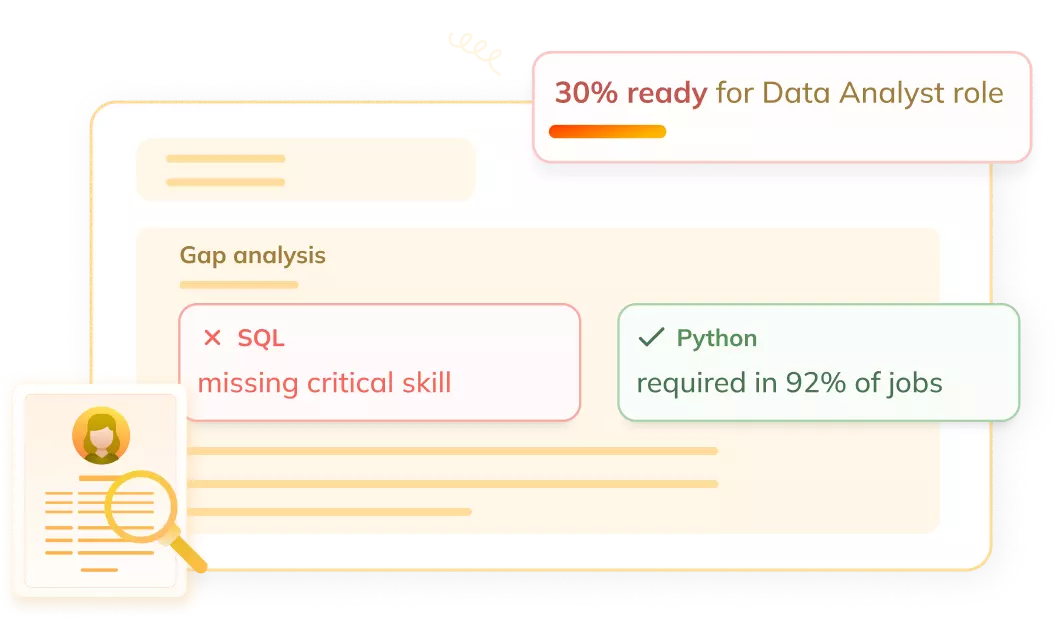Advantages Of EDM
By prioritizing data management, we can ensure that our data is safe and accessible when our business users need it. This helps our teams by allowing them to do the following:
- Obtaining high-quality data to do the correct analysis.
- Assuring the security and compliance of your data with legislation.
- Increasing efficiency by combining data from numerous sources.
- Having a scalable data architecture that is uniform across your organization.
Informatica and other data management solutions can help you with all of these. Furthermore, data analysis and other data-related tasks will be more efficient because your employees will know where to look for the information they require. A well-managed data lineage also makes it simple to detect data dependencies, establish who is utilizing which data source, and make important tables more available.
Enterprise Data Manager
Database administrators, IT administrators, and IT project managers are the most common enterprise data managers. They are in charge of your company's full data life cycle management procedure. They document and direct the flow of data from the point of ingestion and the process of eliminating data that the company doesn't require. A data lineage is another name for this life cycle. If you manage your data lineage, your data is less exposed to breaches, improper analysis, and legal difficulties. Unsecured personally identifiable information on-premises or in the cloud causes several legal issues.
Components Of EDM
The completion of a data audit is the first step in the journey of data management. The data management leader would make a list or graph of the created, used, and removed data during a business process. This type of data-cataloging effort is critical for guaranteeing that the data is viewed in its entirety. We must make every effort to catalog everything, including emails and notes, as thoroughly as possible. After the data has been cataloged, tidy it up and convert it to a standard format. Unfortunately, data categorization and preparation efforts can be difficult, time-consuming, and complex. However, once you've finished those projects, you'll be considerably closer to achieving successful data management.
Best Practises for EDM
As much as it is about managing data, business data management is also about managing people. When developing your own data management program, keep these simple best practices in mind:
- For data managers to buy in, executive leadership, such as the chief technical officer (CTO) or chief data officer (CDO).
- Instruct your teams on the necessity of data management and adhering to your policies.
- Make data security and governance a top priority.
- Make a database of your information.
- Improve data access to the right people.
- To grow, make use of new data cataloging technology.
Master Data Management V/s Enterprise Data Management
Like enterprise data management, master data management entails producing a single view of your data in a master file or master record. This master file will list the requirements for a certain process. Consider it a requirements document for your data source, with all relevant fields and inputs listed. What does your sales department, for example, require to keep leads and opportunities? It will most likely require names, phone numbers, and email addresses to begin. We'll need to know the essential details because these fields will most likely be piped in from another tool. This master file will list every required dimension in a dataset in a standardized format. Creating a master file containing multiple categories or measurements, such as vendors in your supply chain, location, and reference data, is a more advanced type of master data management. It all depends on the kind of business data you're working on within the process you're trying to control. A key decision is whether to use a master data file or another corporate data management technique.
Frequently Asked Questions
1. What is the purpose of corporate data management?
EDM is the process of inventorying and regulating our company's data and bringing our entire organization on board. In other words, EDM is as much about people management as it is about data management.
2. What is the difference between EDM and MDM?
The capital markets acronym for MDM is EDM or Enterprise Data Management; MDM is the "generic word" for EDM. However, there are significant distinctions in the implications of EDM and MDM. We've seen that EDM is connected with securities data while MDM is associated with entity data in industry jargon.
3. What are the advantages of data management?
By establishing processes and regulations for data consumption and fostering trust in the data being used to make choices across your business, data management helps to reduce the risk of errors. The companies can respond more quickly to market developments and client needs if they access reliable, up-to-date data.
Key Takeaways
Let us brief out the article.
Firstly, we had a brief introduction to enterprise data management. Later, we saw the advantages and different components of EDM. We saw the work of enterprise data managers and the best practices to follow for EDM. Lastly, we saw the major differences between Master Data Management and Enterprise Data Management. That's all from the article. I hope you all like this article. Want to learn more about Data Analysis? Here is an excellent course that can guide you in learning.
Happy Learning, Ninjas!




